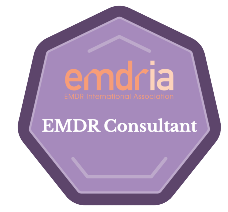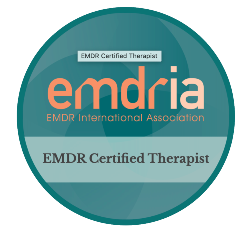Keeping Up with the Warning Signs – When Is PTSD Treatment Necessary
While exploring the intricacies of mental health, we often see how Post-Traumatic Stress Disorder (PTSD) is a formidable challenge that requires keen awareness and timely intervention. Even a quick look at the complexities of PTSD can help shed some light on trying to discern when seeking professional treatment becomes imperative.

PTSD can manifest in various ways, impacting individuals who have experienced traumatic events. It’s important to understand the multifaceted nature of PTSD, emphasizing the emotional, psychological, and physical symptoms that may signal the need for intervention.
- While looking into the intricacies of PTSD treatment, experts study the warning signs that demand attention. From intrusive memories and flashbacks to emotional numbness and hyperarousal, according to EMDR treatment Denver PTSD specialists, recognizing these signals becomes pivotal in addressing PTSD effectively.
- The condition can significantly impair daily functioning and may interfere with relationships, work, and overall quality of life. Understanding these impacts is crucial in gauging when professional treatment is necessary.
- Highlighting the importance of professional intervention, it’s essential to consider therapeutic modalities like cognitive-behavioral therapy (CBT) and Eye Movement Desensitization and Reprocessing (EMDR). A talk with your therapist will usually be enough to decide whether these advanced practices might be necessary from the start.
- In addition to professional treatment, we can’t ignore the advantages of practical self-care strategies and the role of a strong support system. These elements complement therapeutic interventions, creating a holistic approach to managing and overcoming PTSD in the longer term.




